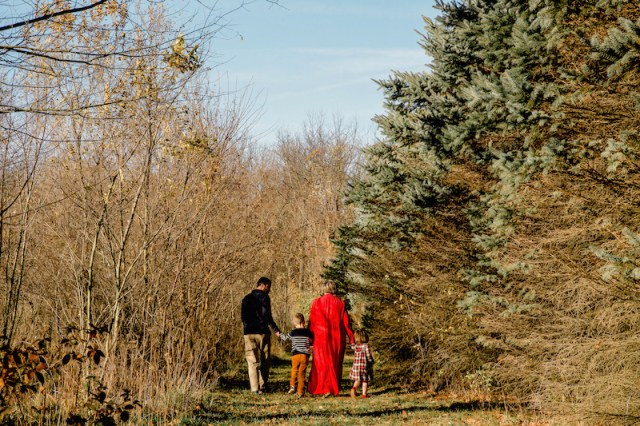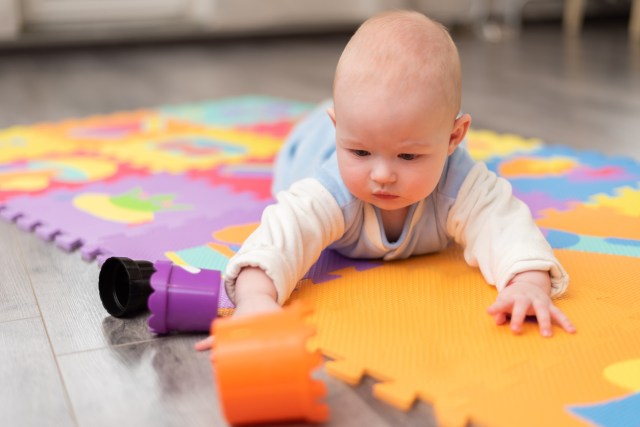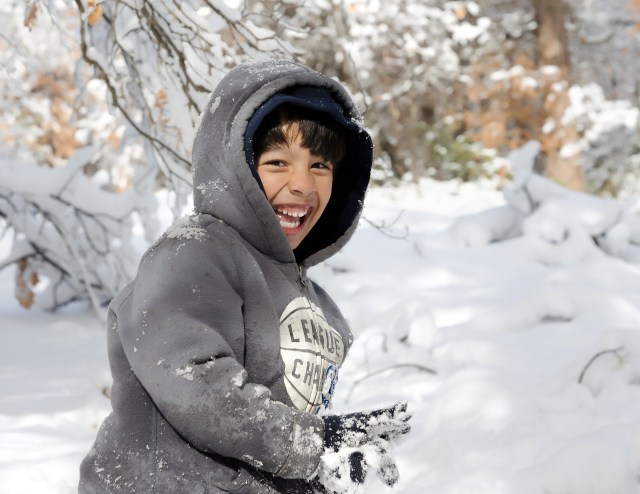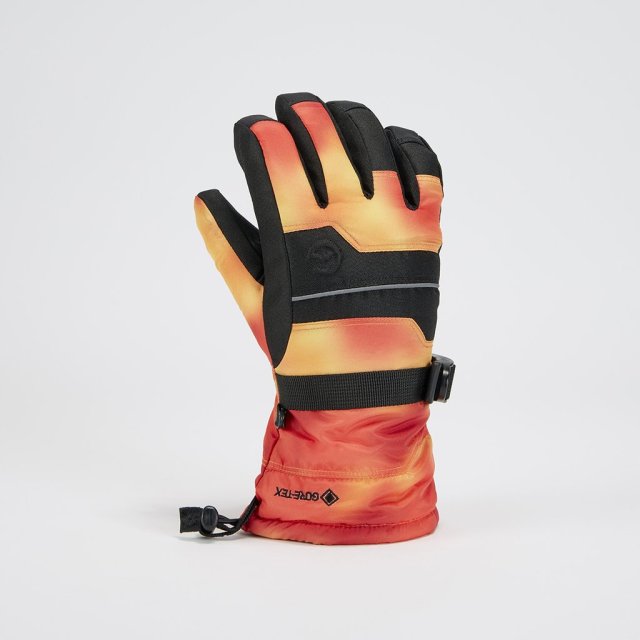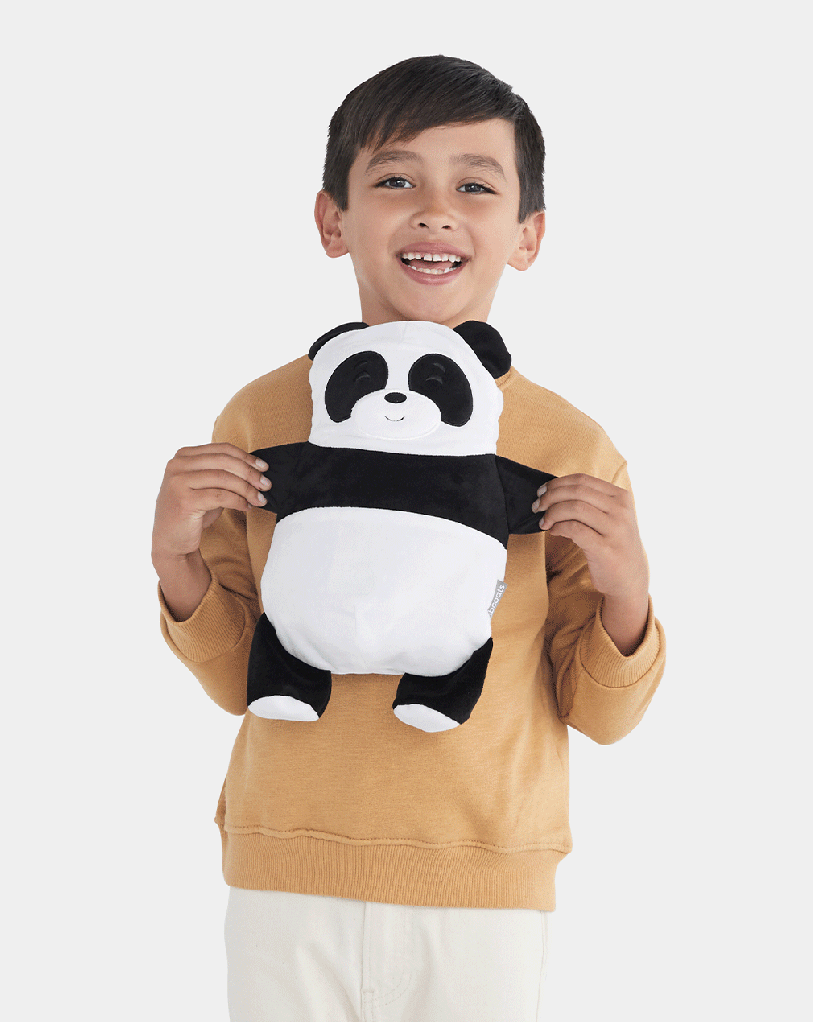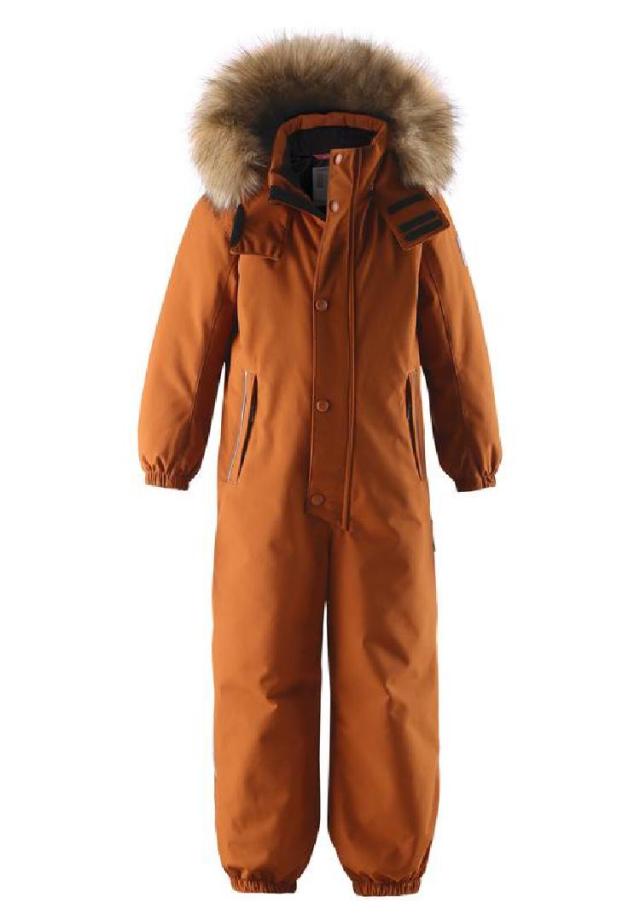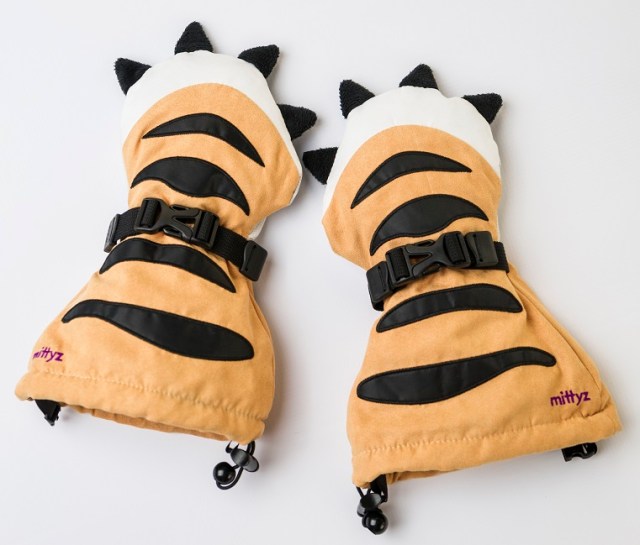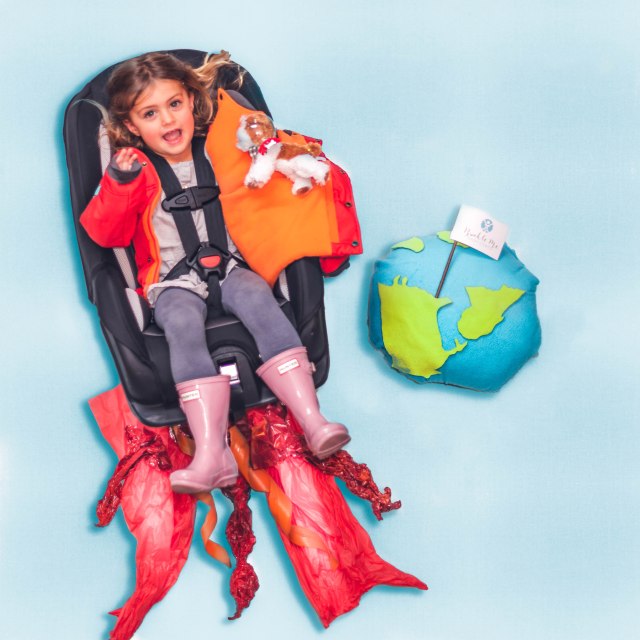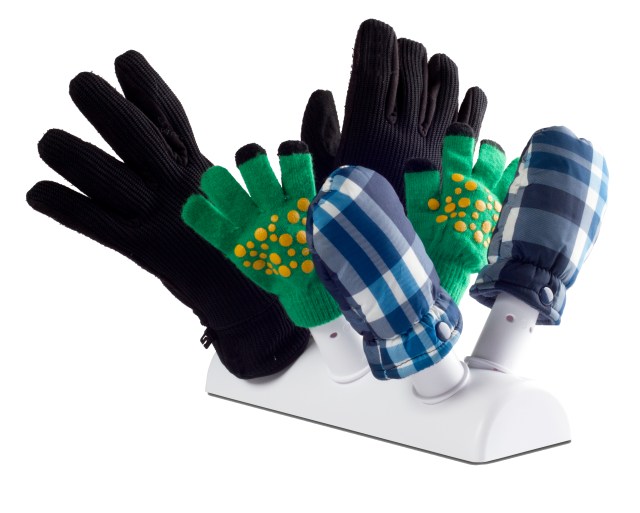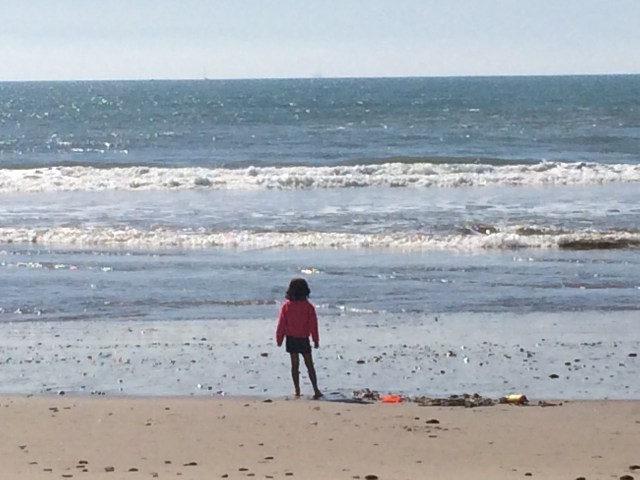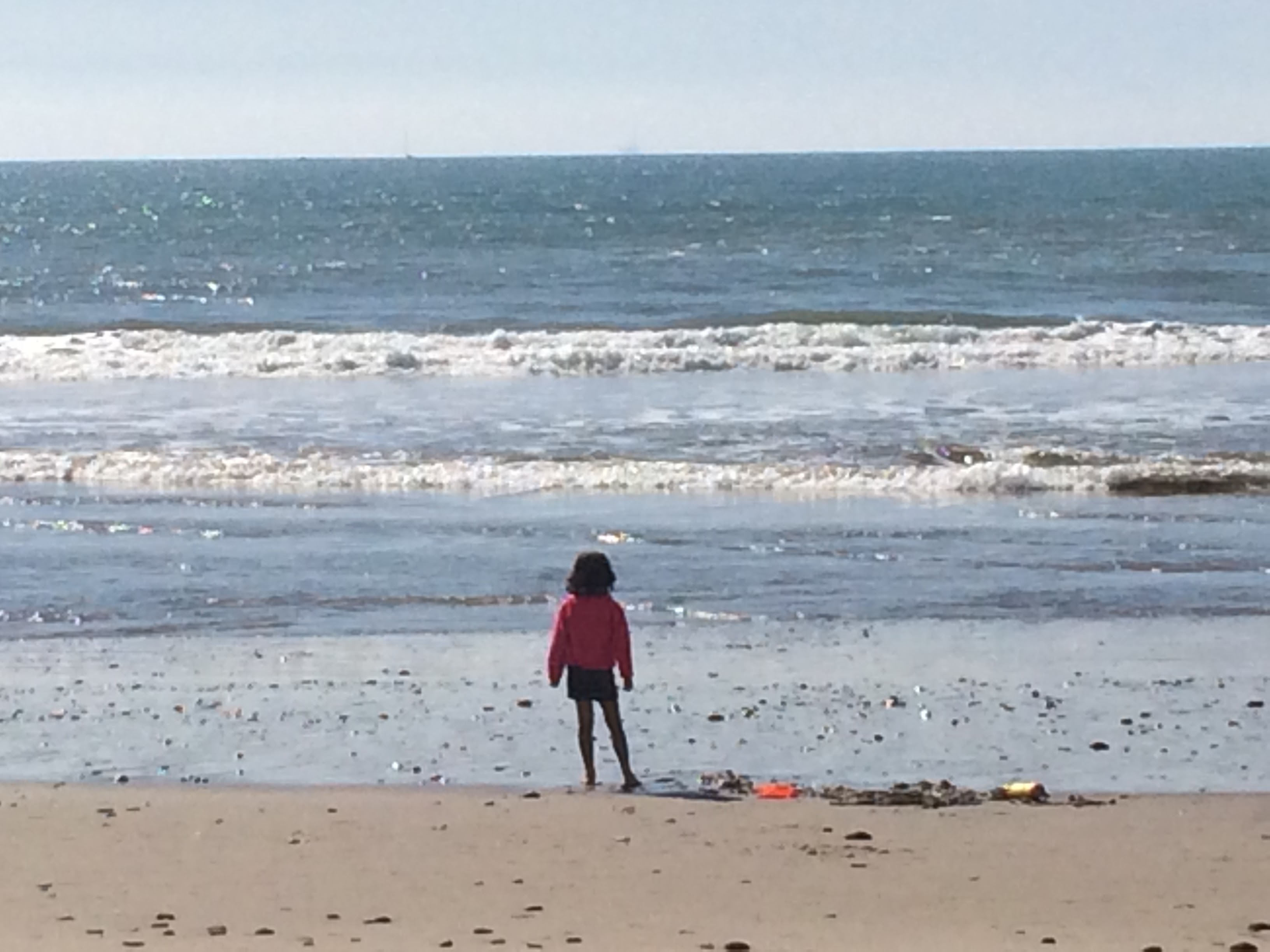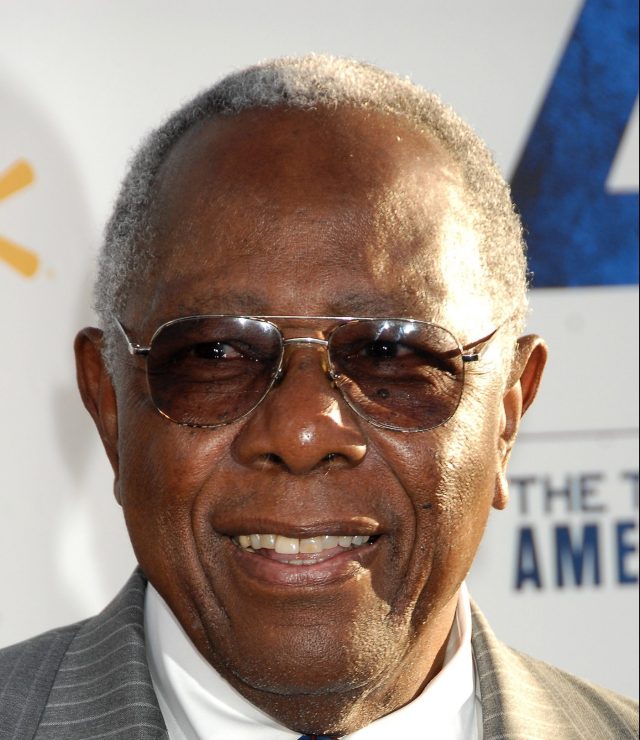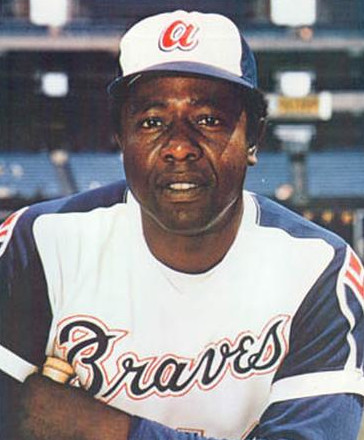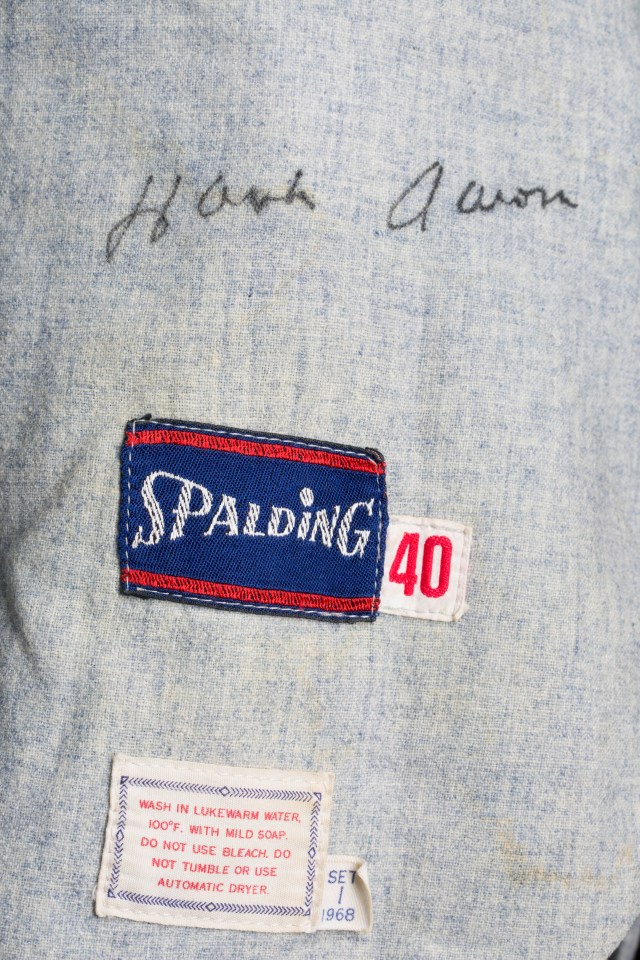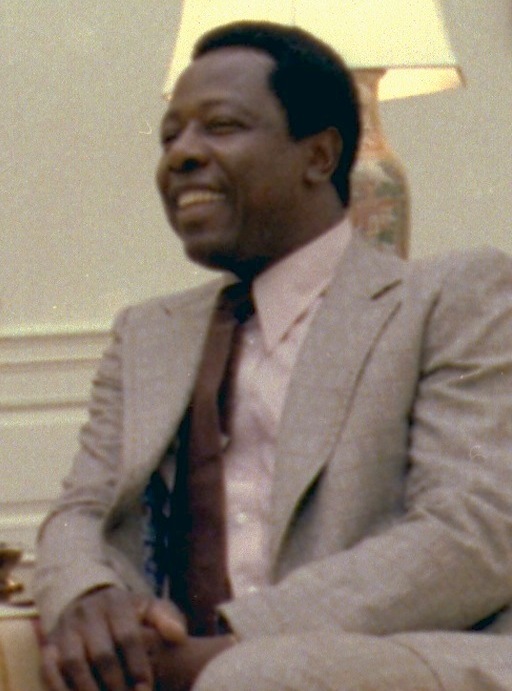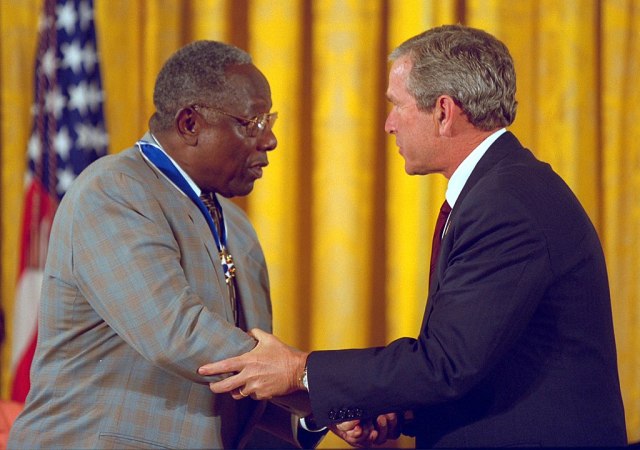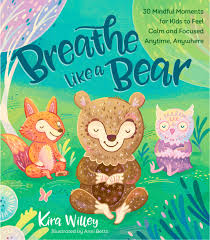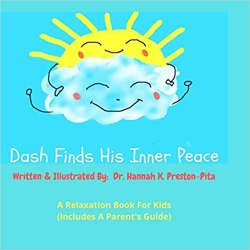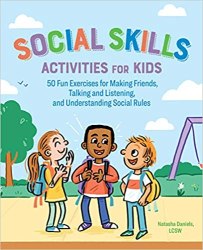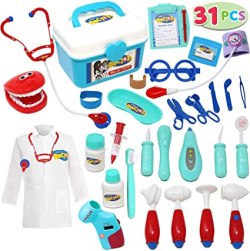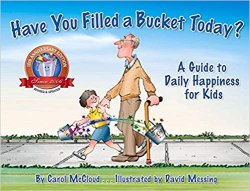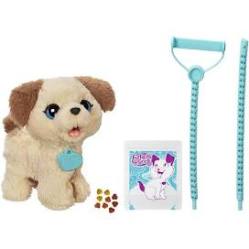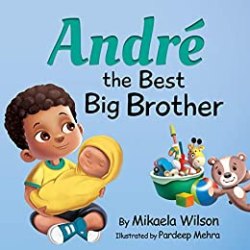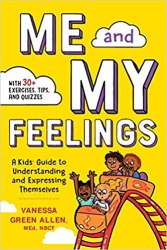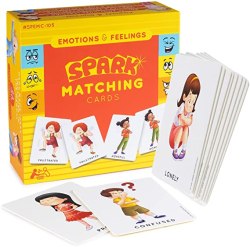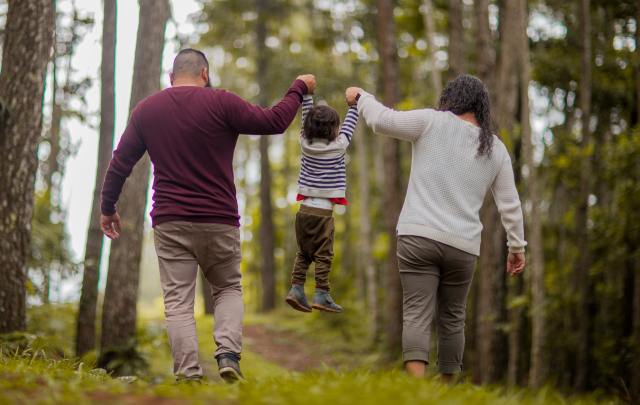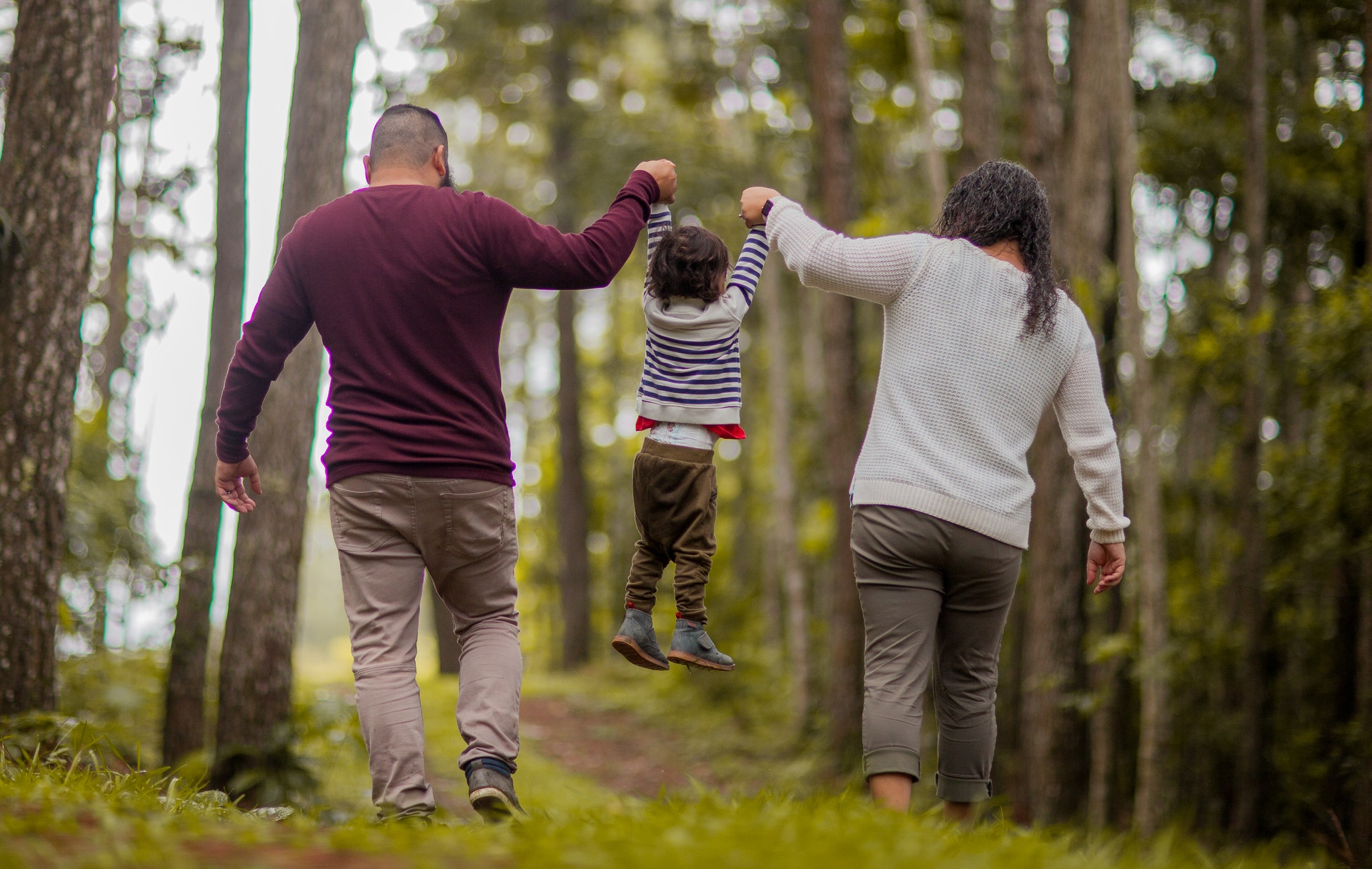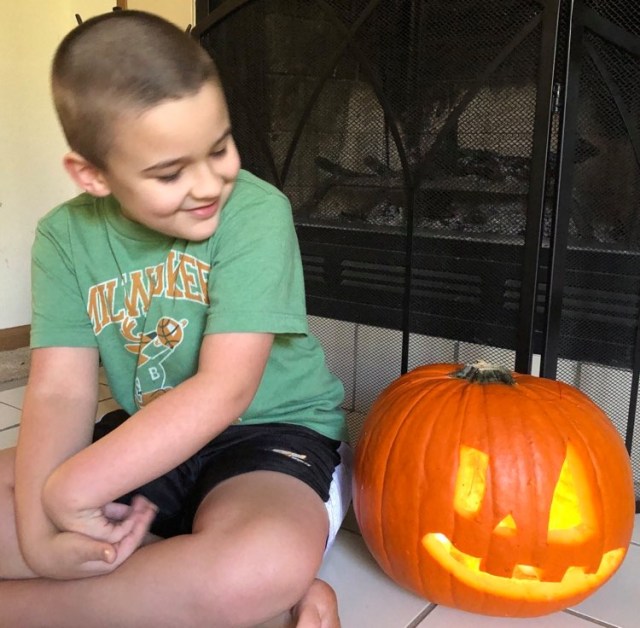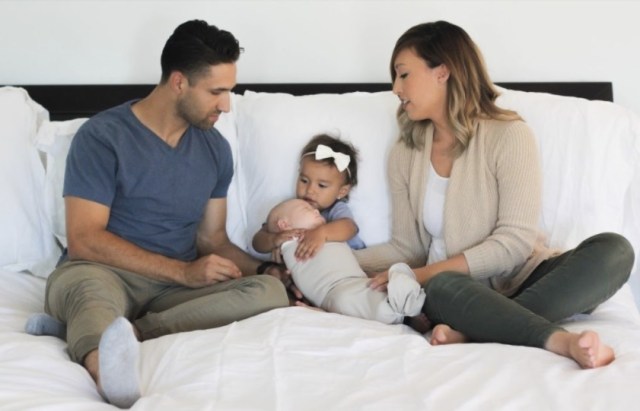
I remember discovering the line between worry and wonder. It like it was yesterday. I can go back to the moment with a single trigger. It was the day that Whitman was born. We call it the greatest, saddest, most chaotic Friday of our life. When your child is on life support, you’re thrown into a world of anxiety and worry. Welcome to parenting—one moment you’re waddling around pregnant and then next you have to make life and death decisions for a human you can’t hold.
As I sat and stared at the incubator, I worried. I worried that we wouldn’t make it home. I worried that if he didn’t make it home that I would be to blame. I worried about the lack of oxygen and if Whitman would even have a life. I felt this ever-heavy block on my chest as if every move was wrong and I would look back on my decisions and regret every single one.
Then something amazing happened. We came home. We took a deep breath for a moment. Then the immune system quarantine began. We picked and chose for Whit’s safety. I refused to go back to hell. I was overprotective. I advocated for Whit’s health.
Once, we felt like we were in the clear I started to wonder. What was Whit’s life going to be like?! Will he have friends?! Will he be ok?! The worry started to sneak back in as the laundry list of delays started coming and we had to sign up for an in-home therapy program.
The worry of what quality of life will Whit have?! Will he walk?! Will he talk?! An added joy and worry came when I found out I was pregnant with Genevieve (Vivi). The excitement was there but I was a wreck. What if she is born too early like Whitman?! Will she be healthy and happy?! Did I just ruin Whit’s life by adding a sibling?! I felt the worry of ruining Whit’s life more when I was put on bed rest because I was going into preterm labor.
After we had Vivi we began the worry game. Was she meeting all her milestones, was she babbling, making eye contact—the list was endless because at Whit’s school, we were always reminded about the list of all the things Whit can’t do.
It was daunting not to worry for both kids. Whit began private therapy, we moved schools, and Vivi thrived. We began to enter the wonder. I wonder what Vivi will be when she’s an adult. I wonder how Whit will handle being in a mainstream school?!
There’s a fine line between worry and wonder. Some situations still creep in on the daily with worry, especially now that Whit is in kindergarten. Worries like: Are the kids nice to him?! Will he make a friend?! Do his teachers, therapists, and support staff love him?!
I wonder more on Vivi’s behalf than worry. She’s a feisty 3-year-old who loves to tell people how she likes things. She loves to tell people how Whitman likes things. The only thing I really worry about with her is if she’s going to be the nice kid?! Is she going to see someone struggling and run to their aide?! Is she going to stand up for injustice the way she stands up for not going to bed at bedtime?! Is she going to leave the world a little better than before her grand arrival?! Will she be there for Whit after we’re gone?!
We recently wrote a letter in case we die that talks about our kids. What they like. What they dislike. What stuffed animal goes where in Vivi’s bed. Which cup Whit uses for orange juice, which one he uses for water, and which one he uses for Sprite. It explains why we have Whit on meds and why we let Vivi dictate what she eats for the day and how you always ask her what plate she prefers or she’ll almost always pick the plate you didn’t give her. Which she will then tell you that you’ve ruined her life. It was the weirdest thing to do but I’m glad we got handled. It puts some worries away and leaves room to let us wonder.
The line from worry to wonder is thin. Worry keeps me up at night with a laundry list of things from basic needs being met to am I a good mom living up to the potential that I was called to be? Wonder makes me excited for the future. Wondering gives you a grand list of endless ideas of who and what your kids can become. It’s a never-ending story. I try to stay on the happiness and hope of wonder side. But sometimes the worry creeps in and drags me to the other. Both of my kids have amazing futures ahead of them. They could possibly be the exact opposite but their lives are full of potential. At the end of the day I think it’s important that they love each other and they know they’re loved by an amazing tribe of people. And that’s what makes all the worry worth it.
